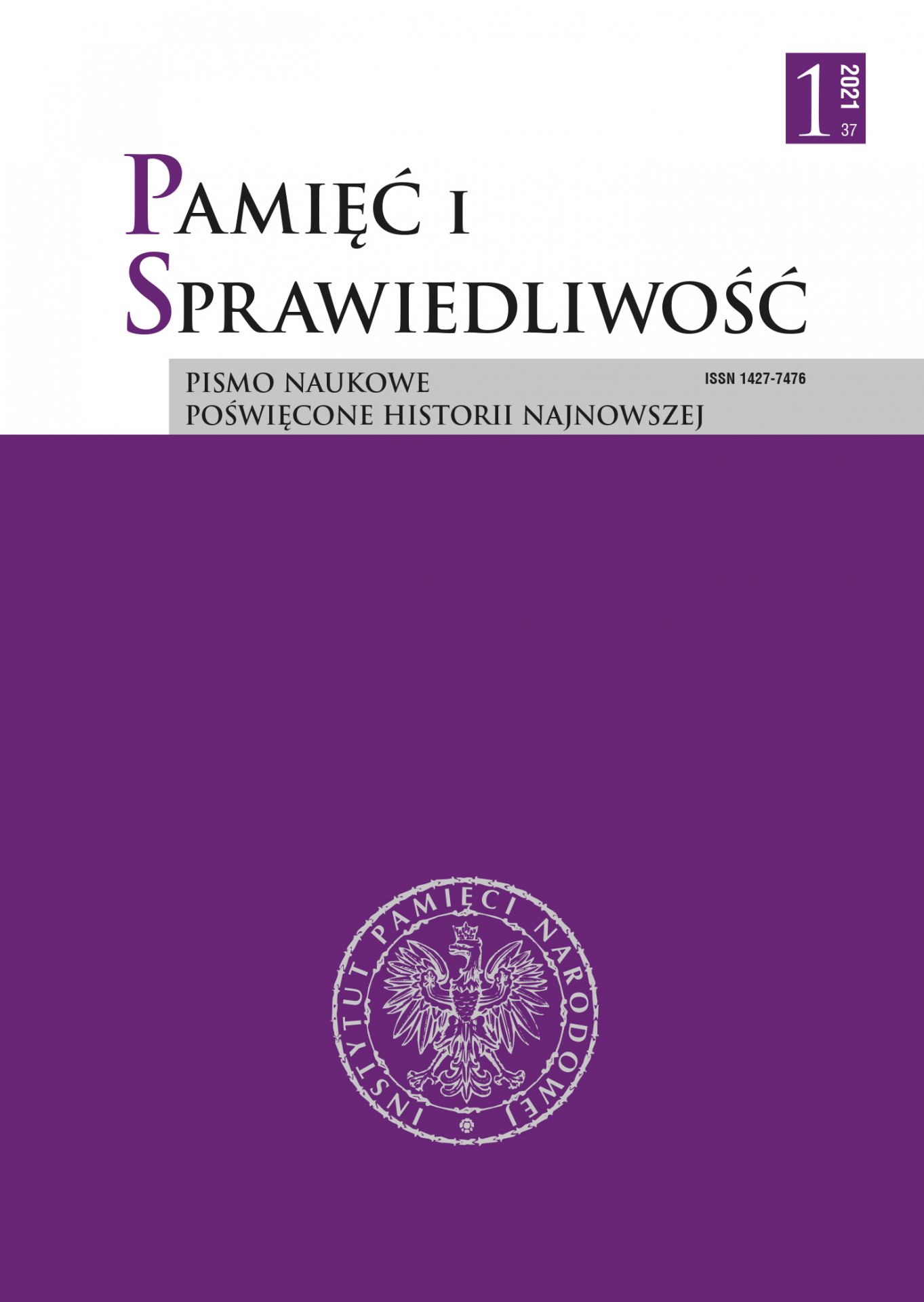Polityka władz sowieckich wobec Kościoła rzymskokatolickiego w okresie kampanii antyreligijnej 1958–1964
The Policies of Soviet Authorities Towards the Roman Catholic Church During the Period of the AntiReligious Campaign in 1958–1964
Author(s): Władysław RożkowSubject(s): History
Published by: Instytut Pamięci Narodowej
Keywords: anti-religious campaign;Catholic Church;USSR;Khrushchev;
Summary/Abstract: The period of Khrushchev’s rule was exceptionally difficult for the Catholic Church in the USSR. In 1958, an exceptionally aggressive atheistic offensive encompassing all spheres of life was launched in the USSR in 1958. A characteristic trait of this campaign was a focus on administrative methods of fighting against the Church combined with an intensified indoctrination of society. A series of normative acts that legalized persecutions was adopted. The regime’s primary efforts became concentrated on regaining complete control over institutional and collective religious life, the limitation of pastoral activity, and the intensification of atheistic propaganda. The main aims ofthe USSR’s religious policy in 1958–1964 included above all a radical reduction in the number of priests, the liquidation of places of worship, the closure of religious sites, and the dissolution of religious communities. During the communists’ anti-religious offensive, some of the intended results were achieved. However, the campaign began to break down before Khrushchev’s departure from the political arena. Despite the reduction in the number of priests and the slimming down of parish structures, society’s level of religiosity did not change significantly. Ultimately, the campaign ended along with Khrushchev’s stepping down.
Journal: Pamięć i Sprawiedliwość.
- Issue Year: 37/2021
- Issue No: 1
- Page Range: 209-226
- Page Count: 18
- Language: Polish

